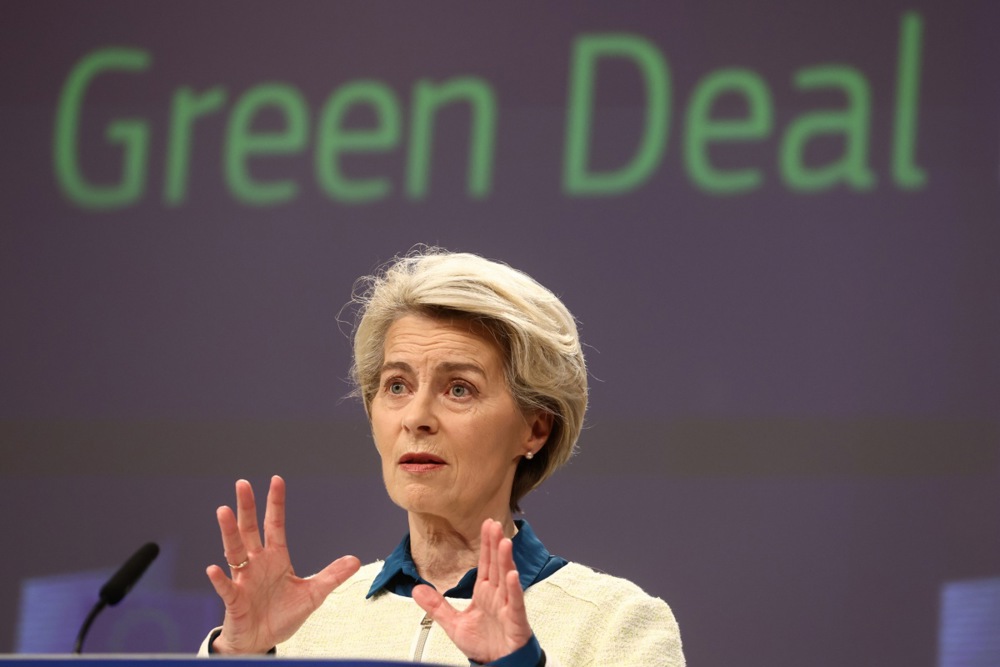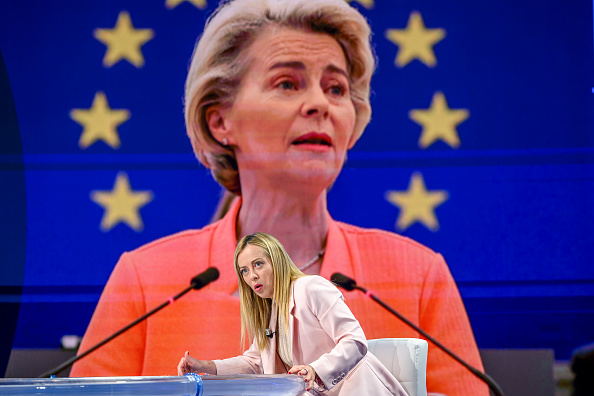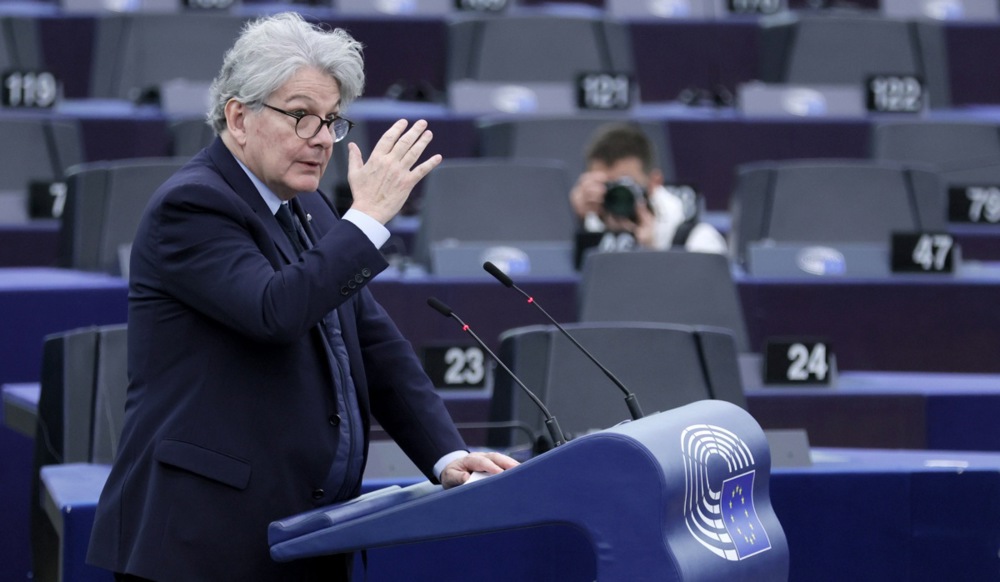The European Conservative and Reformists (ECR) group in the European Parliament has targeted China and the Green Deal in a roadmap for the next legislature of the European Union.
This 10-point programme reportedly aims to show that the group are “capable of leading and rubbing shoulders with the most powerful in Brussels”, a source told Brussels Signal.
Much of the points centre around sovereignty, defence and economic growth, as well as the strengthening of Europe’s energy and raw materials supply.
“It is a general and simple framework in which all national delegations are reasonably comfortable,” said Jorge Buxadé, the leader of the Spanish political party VOX’s EP delegation.
One of these points concerns European treaty reform, something the ECR believes “the EU should do less but better”.
The party has vowed to oppose “any unnecessary centralisation” to avoid the creation of “a government of a European super-state”.
“The essence of this suggested change is that the Member States would cease to be States, they would be regions and would not be sovereign, and the new sovereignty would reside in the EU, ie Brussels,” Polish Law and Justice party MEP Jacek Saryusz-Wolski told Brussels Signal.
The ECR is also “highly sceptical about the creation of a defence union at the EU level”, although does advocate for increased military spending and EU-NATO co-operation.
Related to this, the ECR proposed strengthening two existing tools: Frontex and Europol. ECR members believe that “strong external borders” can “better ensure the safety and security” of European citizens.
It’s the polls that swung it: EU leaders watered down the Green Deal in fear of Europe’s populist tide, writes @Raphfel. https://t.co/KEPUVGkupF
— Brussels Signal (@brusselssignal) December 18, 2023
Regarding the environment, the ECR has vowed to kill-off the European Green Deal, citing the damage the policy platform risks to farmers.
“The damage of ‘green’ policies to the primary sector has already been felt, but in the next legislature other industries will be attacked if we do not put a stop to it,” one anonymous source claimed.
Party representatives have also vowed to back the European free market, arguing it helps to increase the bloc’s competitiveness on the international stage.
ECR wants to pay “particular attention to logistics infrastructures, new technologies and energy and raw-materials supply.”
On the issue of China, the party will prioritise “de-risking” and “a firm approach”.
Instead of working with the Communist State, ECR members advocate for creating “dynamic partnerships with strategic allies, such as the United States of America, United Kingdom, Latin America and Indo-Pacific region”.
Some of these latter points are in line with the strategic independence plan initiated in the legislature of European Commission President Ursula von der Leyen, which would indicate the ECR’s intentions to promote a trustworthy image and to be able to lead an EU without falling into certain extremes that frighten a large part of the Brussels establishment.
ECR and fellow Parliament group Identity and Democracy (ID), according to the main polls, would battle for third place behind the centre-left Socialists and Democrats (S&D) group and the centre-right European People’s Party (EPP).
Although both ECR and ID are ideologically aligned, the distribution of power in the next Commission is at stake and it is a unique opportunity to break the deck or, at least, to turn the tide.
The European Union’s economy is expected to struggle in 2024 as other global areas enjoy substantial growth, according to newly published research by the OECD. https://t.co/CviNRyefYD
— Brussels Signal (@brusselssignal) February 5, 2024





